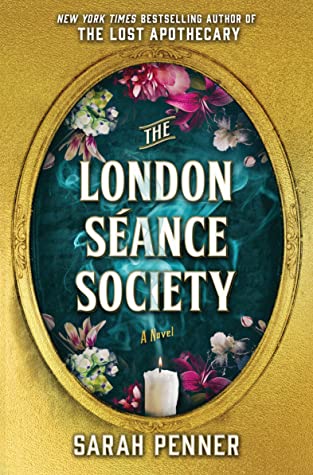 The London Séance Society by Sarah Penner
The London Séance Society by Sarah Penner Published by Park Row on March 7, 2023
Genres: Historical Fiction
Pages: 352
Format: Hardcover
Source: Library
Buy on Amazon, Buy on Bookshop
This post contains affiliate links you can use to purchase the book. If you buy the book using that link, I will receive a small commission from the sale.
Goodreads
A spellbinding tale about two daring women who hunt for truth and justice in the perilous art of conjuring the dead.
1873. At an abandoned château on the outskirts of Paris, a dark séance is about to take place, led by acclaimed spiritualist Vaudeline D’Allaire. Known worldwide for her talent in conjuring the spirits of murder victims to ascertain the identities of the people who killed them, she is highly sought after by widows and investigators alike.
Lenna Wickes has come to Paris to find answers about her sister’s death, but to do so, she must embrace the unknown and overcome her own logic-driven bias against the occult. When Vaudeline is beckoned to England to solve a high-profile murder, Lenna accompanies her as an understudy. But as the women team up with the powerful men of London’s exclusive Séance Society to solve the mystery, they begin to suspect that they are not merely out to solve a crime, but perhaps entangled in one themselves…
I did not enjoy this book as much as Sarah Penner’s first book, The Lost Apothecary. The story was not as compelling to me. The ending held some surprises, and I liked the scripted process Penner created for the séance. I also appreciated the fact that Penner created a plausible Victorian lesbian romance—it didn’t feel tacked on, but I think Lenna thought about her attraction to Vaudeline at weird times—like when she was angry with her. Vaudeline, the medium, was an interesting character. I didn’t find Lenna or her deceased sister Evie compelling, and Mr. Morley was a cartoonish Snidely Whiplash type.

Too much of a caricature. I also wanted a bit more of a feel for the setting, which is something I got from The Lost Apothecary. There was a bit of a feel for the setting, but not much. I saw a Goodreads reviewer describe this book as a “great concept, average execution.” That’s exactly the way I felt.
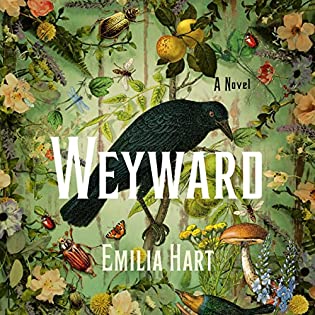 Weyward by
Weyward by 
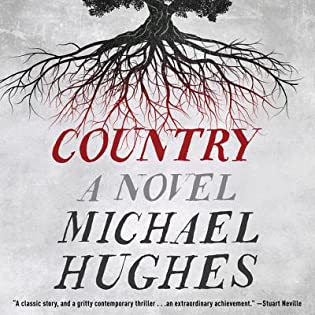 Country by
Country by  To The Bright Edge of the World by
To The Bright Edge of the World by 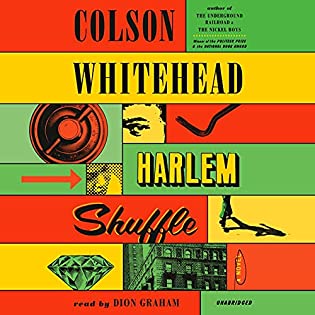 Harlem Shuffle by
Harlem Shuffle by 
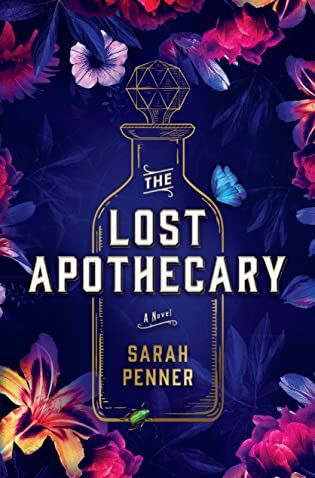 The Lost Apothecary by
The Lost Apothecary by 
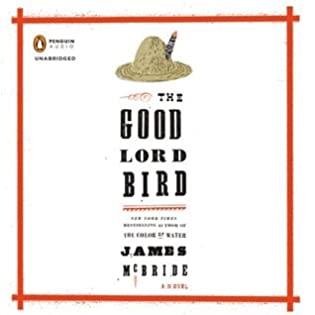 The Good Lord Bird by
The Good Lord Bird by 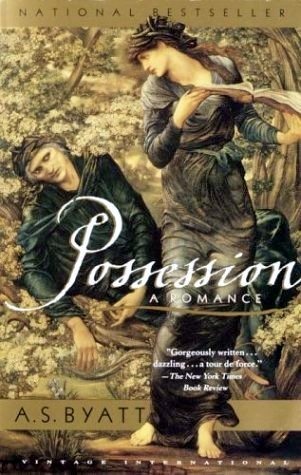 Possession by
Possession by 